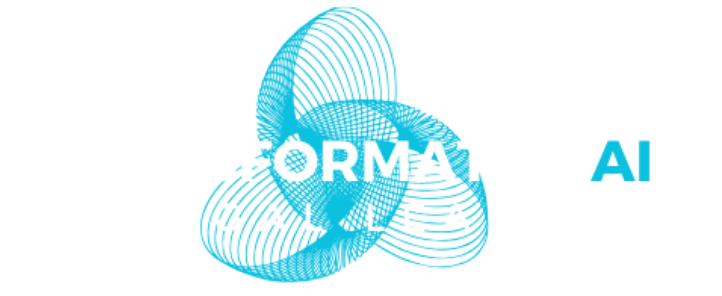Relatively few commentators continue to dispute the contention that artificial intelligence is going to have a transformative impact on our society. What remains up for debate, however, is the speed at which the transformation will occur, and the resulting impact on the world and the average person’s every-day life. Some experts assert that we are months or years away from paradigm-shifting developments such as artificial general intelligence (AGI). Other commentators see a much longer timeline – Meta’s top AI scientist Yann LeCunn, recently stated that he would “be happy if by the end of my career, we can get [AI] as smart as a cat.” (Yann LeCun, chief AI scientist at Meta: ‘Human-level artificial intelligence is going to take a long time’). Some technologists worry about how we will incorporate human values and belief structures into AI (as well as who decides exactly gets to decide which human values and beliefs we want the AI to be endowed with). Others exchange their own personal probabilities for apocalyptic outcomes whereby AI leads to outright human extinction (“What is your p(doom)?” – https://www.nytimes.com/2023/12/06/business/dealbook/silicon-valley-artificial-intelligence.html).
How AI fulfills its transformative promise is murky. How legislators and regulators will guide, moderate, promote, or restrain that transformation is equally unclear. The United States, which far and away leads the world in the development of AI, does not seem to currently have a unified strategy on how it will regulate the technology. Comprehensive federal legislation of AI seems unlikely in at least the short-term future, and while some federal regulatory agencies have stepped up, any rulemaking specifically targeting AI will take years to implement. This may lead to another patchwork of regulation by states, similar to what we have seen in the data privacy realm. On the international stage, the recently enacted EU AI Act represents the world’s first comprehensive attempt at large-scale government regulation of AI. Some observers posit that the AI Act may help the EU shape AI policy in the same way GDPR has impacted businesses’ approach to data privacy around the world. However, much remains unclear about how the EU’s AI Act will be enforced, and to what degree the AI industry will be impacted by the new European regulatory requirements.
Don’t fight the uncertainty, embrace it! Transformative AI: Legal Leaps is here to bring you up to speed with the current state of the AI legal landscape, and tackle advancements and changes to the existing landscape as they emerge. AI topics we will address include the state of intellectual property law and AI, the EU AI Act, the state of AI regulation in the United States, common AI contracting pitfalls to be aware of, what AI alignment means, and how to evaluate liability should something AI-related go wrong. Through blog posts, client alerts, and our podcast, our team will help ensure that you stay up-to-date on the laws and regulations related to AI, so that you can understand all that this new and radically transformative technology has to offer, while keeping your eyes open to avoid potential risks and pitfalls.







